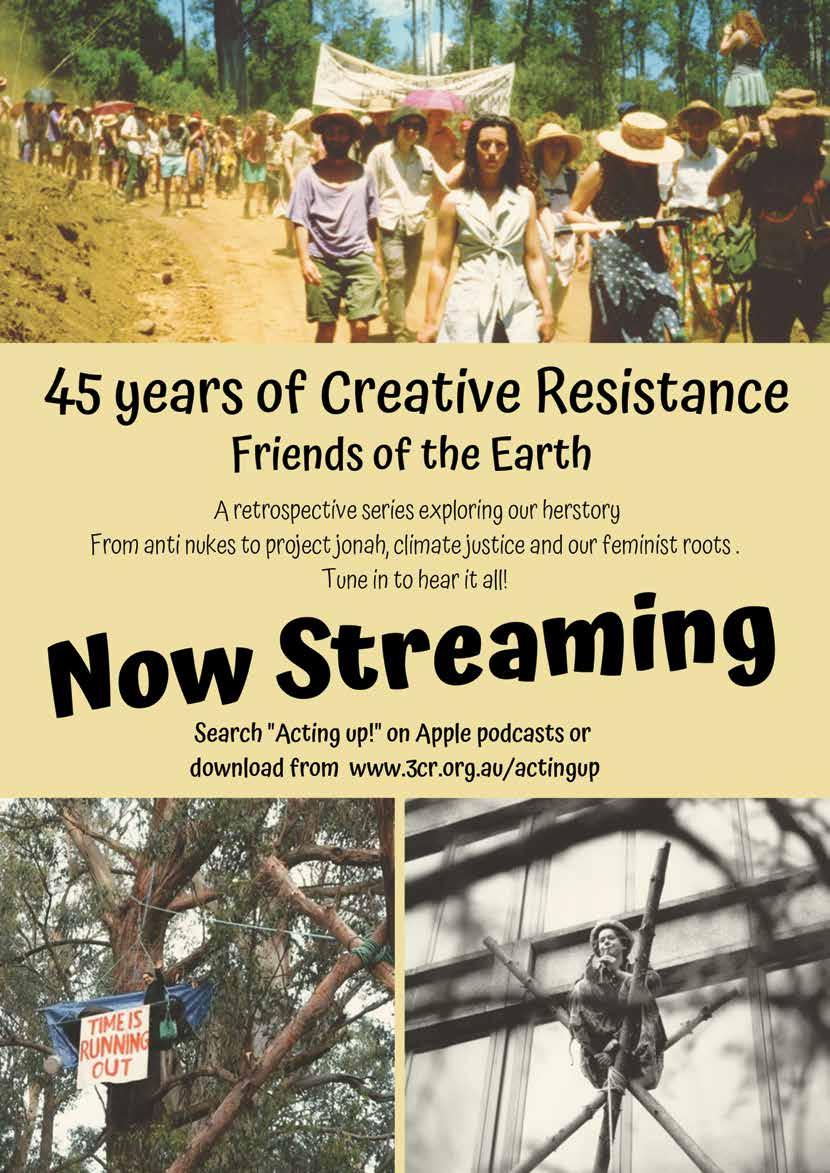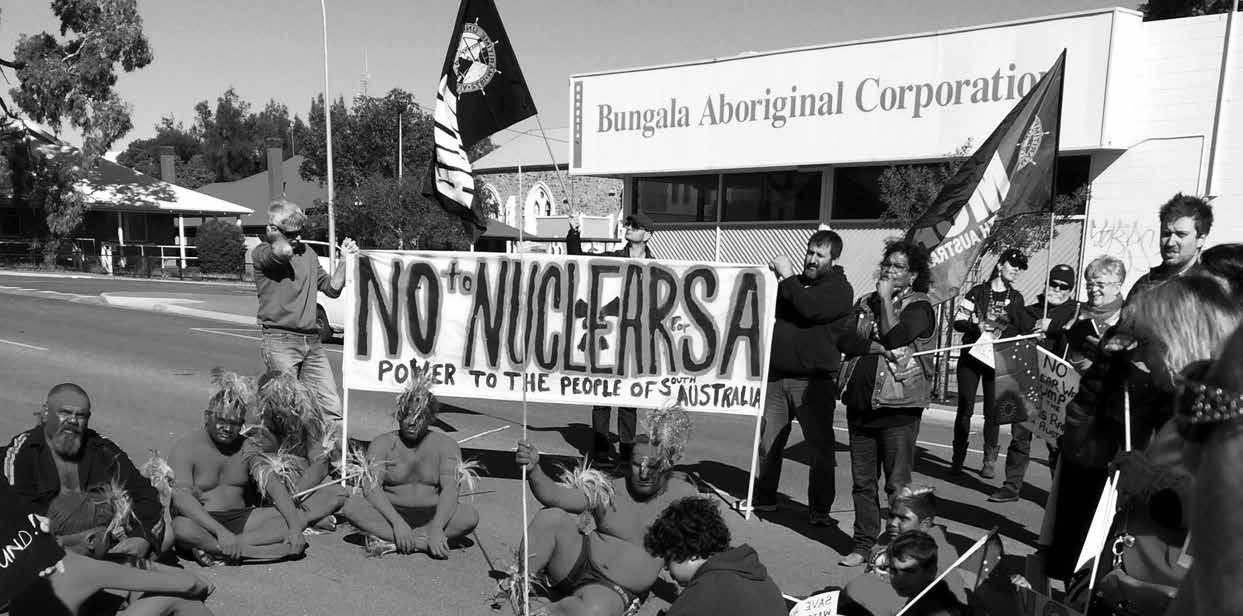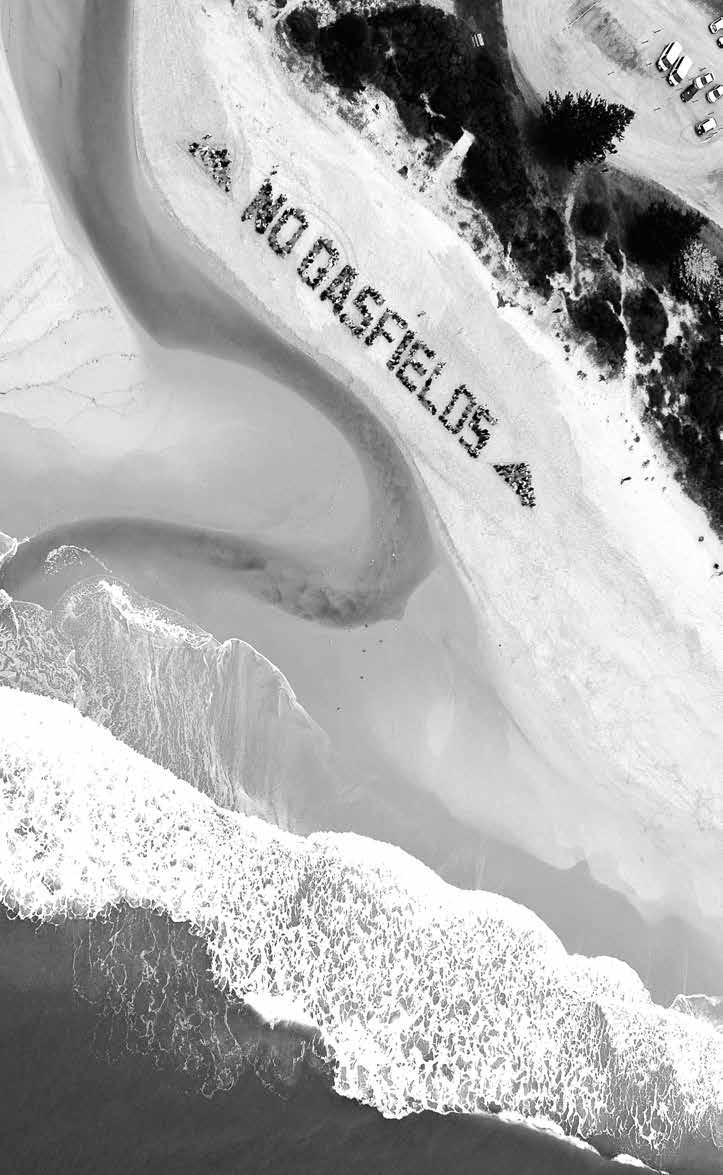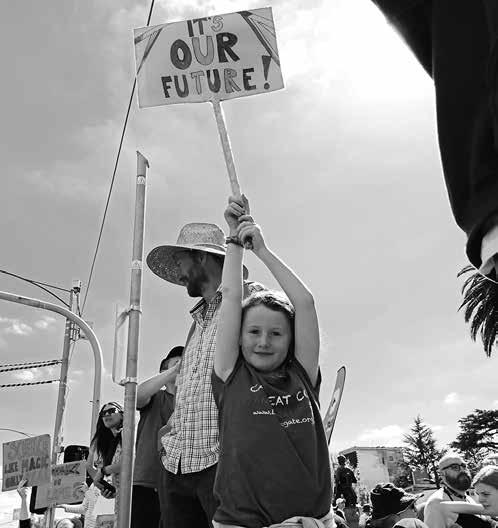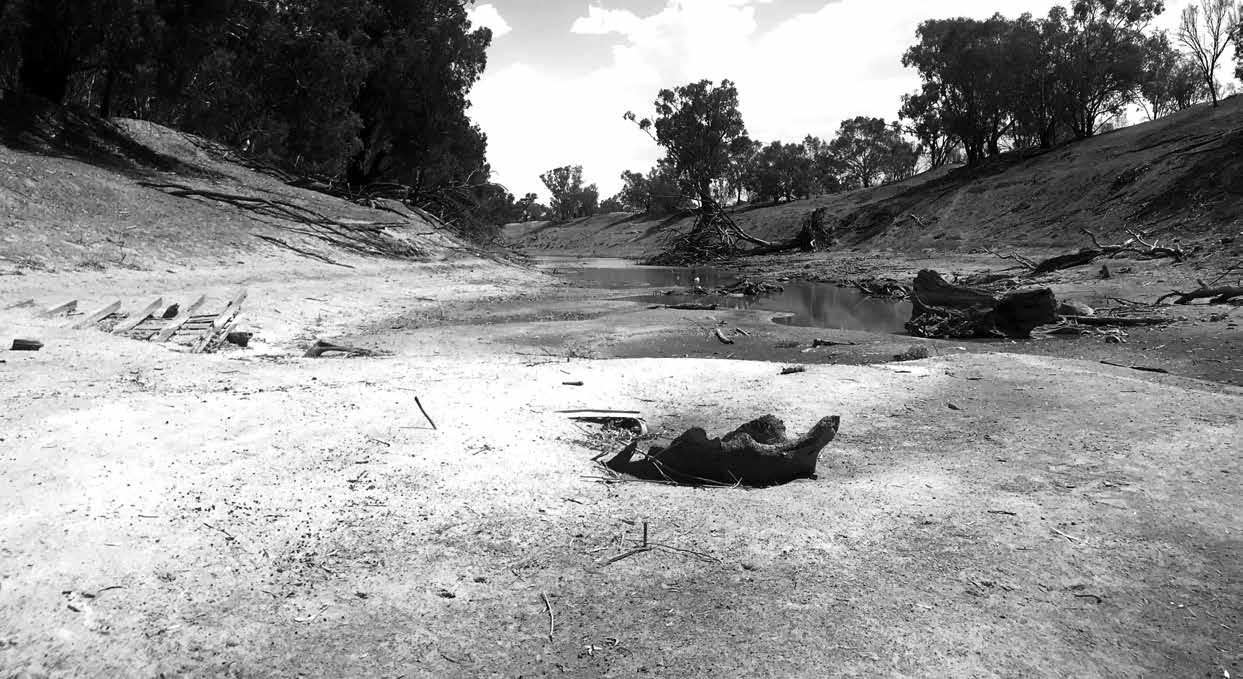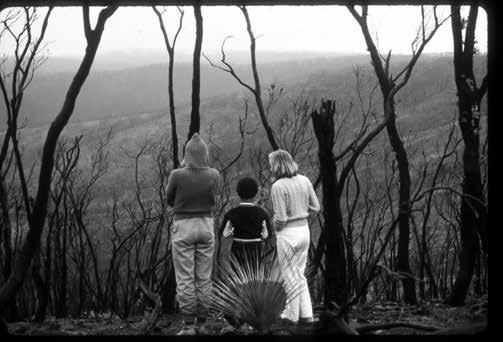FOE AUSTRALIA NEWS
Friends of the Earth (FoE) Australia is a federation of independent local groups.
Friends of the Earth Online
You can join FoE by contacting your local group − see the inside back cover of Chain Reaction for contact details or visit foe.org.au/local-groups
www.foe.org.au
There is a monthly FoE Australia email newsletter − subscribe via the website: www.foe.org.au To financially support our work, please visit foe.org.au/donate
Stopping this mega resort, planned in the ecologically sensitive Myola valley close to Kuranda near Cairns in Far North Queensland, was a great win for the Kuranda community. The campaign was a huge team effort spearheaded by local community group KUR-Alert and supported by Friends of the Earth Far North Queensland together with other community, environmental and land care groups in the region. Thank you to everyone who put in submissions about KUR-World and for the technical and logistical support from FoE Australia. Thousands of submissions were sent to the Queensland Coordinator General – including from international environmental groups such as the Forests and Biodiversity team in FoE International. This is a great win but the fight is not over: the developer has been given permission by the local council for a subdivision on this land. The Kuranda community continue to look for ways to stop this happening and so protect the habitat of the irreplaceable wildlife in this area. Chain Reaction #138
twitter.com/FoEAustralia facebook.com/pages/Friends-of-the-Earth-Australia/ flickr.com/photos/foeaustralia
ANZ – the largest financier of fossil fuel industries in Australia
KUR-World is KURputt!
4
youtube.com/user/FriendsOfTheEarthAUS
May 2020
Emilia Martin, a volunteer with FoE Melbourne, writes: In November 2017, a number of NGOs in the Netherlands successfully brought the first climate change complaint before the Dutch National Contact Point (NCP). It was made against the ING bank for its investment in fossil fuel industries. The Dutch NCP in its final statement expressed the need for ING to steer its portfolio towards the goals of the Paris Agreement and ING committed to completely phase out investment in the coal industry by the end of 2025. Inspired by this, early this year, Friends of the Earth Australia along with a number of bushfire victims brought a similar claim against the ANZ bank, the largest financier of fossil fuel industries in Australia. The basis of the claim is ANZ’s breach of OECD Guidelines, a set of principles and standards for multinational enterprises. Australia is a signatory to the OECD Guidelines and the Australian NCP is the body responsible for hearing complaints in relation to corporations’ alleged nonobservance of the OECD Guidelines. The OECD Guidelines require that businesses set their environmental targets in line with international standards. Thus the claim argues that the most current and relevant international standard is the Paris Agreement and as such ANZ must bring its environmental policies in line with the Agreement. The Australian government is a signatory to the Paris Agreement but has not yet passed any legislation to implement the provisions of the Agreement into Australian law. ANZ has also publicly acknowledged the aims of the Paris Agreement to limit the increase in global average temperature to 1.5°C which requires a transition to net-zero emissions of greenhouse gases by mid-century.
The complaint demonstrates that while ANZ has publicly endorsed the Paris Agreement, its environmental policies contradict the bank’s publicly stated commitment to the Agreement in a number of respects and that ANZ’s overall conduct only reflects a partial commitment to the targets set out by the Agreement. For instance, ANZ remains the biggest financier of fossil fuels among the big four Australian banks at A$6.36 billion. ANZ’s financing of fossil fuel stands higher than the combined spending of National Australia Bank and Westpac. Furthermore, ANZ’s exposure to coal mining increased 27% percent in 2018 and another 7% in the first half of 2019. In the same period, ANZ has only lent A$964 million to the renewable energy sector, which provides a ratio of 7.70:1 between fossil fuel and clean energy spending. The complaint also raises the ANZ’s lack of transparency in relation to its indirect greenhouse gas emissions and argues that this lack of transparency is misleading to consumers and prevents them from making informed decisions about whether or not to engage with the bank. The complainants demand that ANZ honour their environmental commitments by bringing their policies in line with the Paris Agreement which means divesting from fossil fuels and fully and clearly disclosing their emissions. The complainants also raise the insufficiencies of Australia’s current legislative framework which provides a particularly low standard in relation to calculation of emissions and has failed to implement any domestic legislation to implement the Paris Agreement provisions in Australia. The complaint is online at tinyurl.com/anz-complaint


